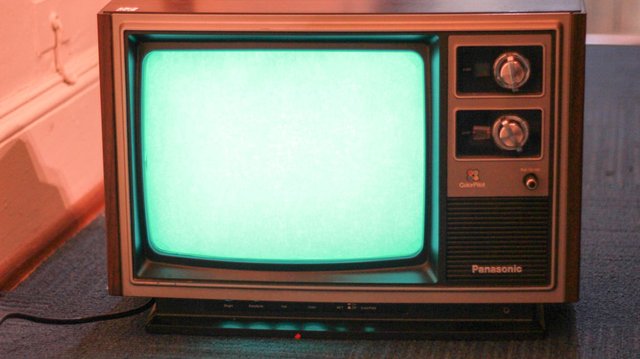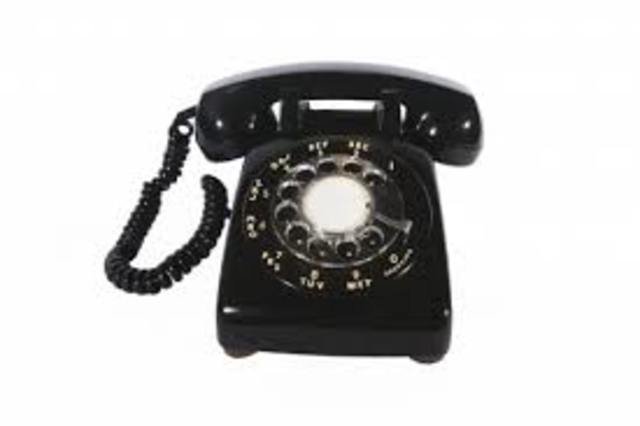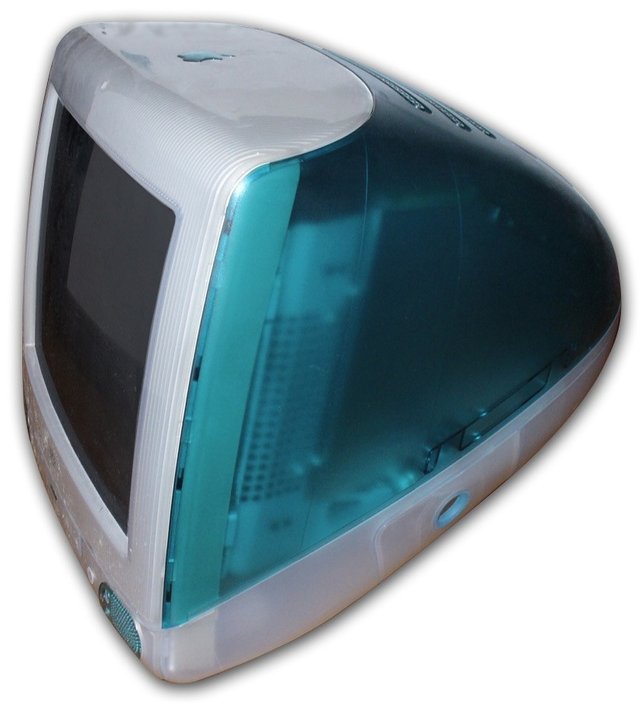Generation "Xennial" - The missing link between Generation X and Millenials (Born 1977 - 1985)
Generation "Xenial" - The missing link between Generation X and Millenials
"Back in my day..." is an iconic phrase used by older people when they are faced with something new, something different that is hard to adapt to. My father was a very skeptical man when it came to technology, and I remember the days when he said not to believe everything I see on the internet, and never to order something online because you don't know who the seller is. Which at the time, despite my best efforts to explain to him how eBay or Amazon works, he never wanted to listen. And I don't blame him; he was born in the 50s and other than the TV, the Radio, and the phone, he didn't have a lot of interaction with electronics or digital gadgets.
Fast forward to this day, and it seems like the roles have reversed. I'm the one telling him not to believe everything he sees online, not to forward WhatsApp messages, and that Mark Zuckerberg is not sharing his fortune with the people that share that facebook post. And again, I don't blame him, smartphones, tablets, and computers have become so affordable, accessible and easy to use, unlike the earlier years, that now he feels comfortable with technology. But it took a long time.
Generation X was born in an analog world and grew up in an analog world. Millenials were born into a technological era and were playing with Xbox, Play Stations, Game Boys, and computers by the time they were six. And then there are the Xennials. A generation that had an analog childhood, and transitioned to digital adulthood.
Analog Childhood
What do we mean by an analog childhood? Well to start, a "Big Screen" was a 20" tube TV, where you had to move the antennas depending on the TV channel that you wanted to get, and to change channels there was no remote, you have to manually stand up and go through all 12 channels to see if you get signal.

To make phone calls, we used the regular phone, which obviously was not wireless and good luck trying to have a private conversation, if you were lucky enough to have a long phone cord where you can take the phone away from your parents, you always ran the risk of them picking up a second phone connected to the same line and that way eavesdrop into the conversation. It was magical in a way that I cannot describe.

If you wanted to find out where all your friends were hanging out, you had to get on your bike and ride around the neigborhood, the house with all the bikes laying in the front that was the hangout spot for the day.

The transition to a digital age
What kind of wizardry is this!? Computers have had been around for a while already, the same with the first gaming consoles that have been around since the 1970s, however, in 1985, Nintendo introduced the Nintendo Entertainment System (NES), and everything changed.
The NES introduced three very important concepts to the video game system industry:
- Using a pad controller instead of a joystick
- Creating authentic reproductions of arcade video games for the home system
- Using the hardware as a loss leader by aggressively pricing it, then making a profit on the games themselves
This boom, helped shaping the birth of the truly mainstream home video games. NES sparked a revival in the home video game market that continues to thrive and expand even now. No longer were home video game systems looked upon as inferior imitations of arcade machines. New games that would have been impractical to create for commercial systems, such as Legend of Zelda, were developed for the home markets. These games enticed many people who had not thought about buying a home video game system before to purchase the NES.
At first it seemed like digital items were a luxury item, either for entertainment or for business, however at the same time, the personal computer which have been around for a while althought not widespread, was seeing some major changes that will shape the way for a digital interconnected future. With the release of windows and in 1990 windows 3.0, the PC adoption spread like wildfire, this was furthered boosted by the falling prices of the computer systems and companies like IBM, Apple and Microsoft fighting to be the household brand of computers.

And the next years were a blur. We went from a computer with 80mhz CPUs, 500mb HHDs, 2mb of RAM among other "killer specs" to computers that are thousands of times more powerful and fit in our pocket within 10 years. Then the internet came along and our lives were changed forever. EVERYTHING we do is online and there is no going back.
Heres a good article about Xenials